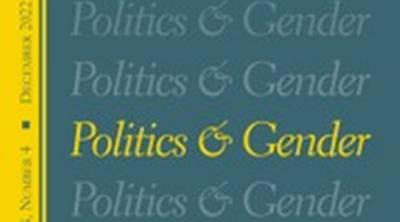'He should learn that he cannot get a woman for free’: Male elopers and constructions of masculinity in the Afghan justice system
This article explores constructions of gender, masculinity, and class in moral crimes prosecutions, and their legal aftermaths in Afghanistan. It argues that the lack of attention to men in advocacy and research about moral crimes, while reflecting a (geo-) politicized conflation of gender with women, constitute both an empirical and an analytical oversight. The first part of the article discusses the legal grounds for the prosecution of men for “moral crimes” in Afghanistan and presents statistical data that reveals large-scale incarceration of men for pursuing consensual, heterosexual relations, including the non-codified crime of elopement. In the second part, we use ethnographic data to probe into the ways in which the treatment of male elopers are based on specific notions of gender, sexuality, and masculinity. We suggest that the interrelated, yet differentiated, prosecution of male and female elopers in Afghanistan can be usefully understood in terms of a gender regime that places different expectations on men and women. Women’s gender performance is ranked according to (verifiable) chastity, men’s gender performance according to the (legitimate, i.e., honorable) command of resources.
https://doi.org/10.1177/1097184X20910474





